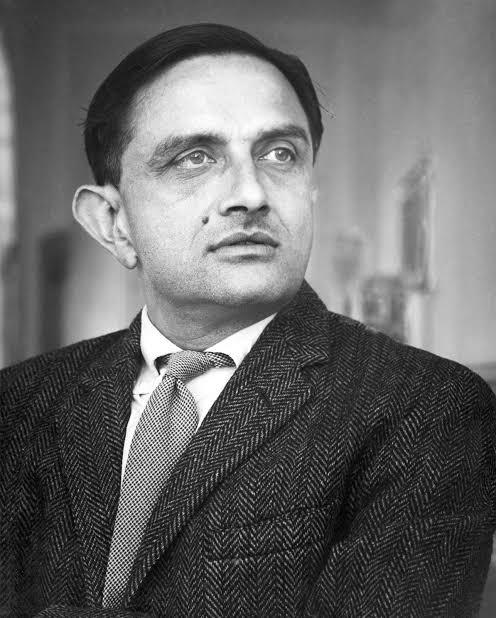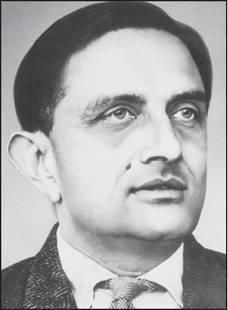The father of the Indian space program is Dr. Vikram Sarabhai. An iconic visionary and introducing space scientist, Dr. Sarabhai played a vital part in laying the foundation for India's space disquisition trials. Born in 1919, he combined his scientific wit with a deep commitment to public development.
In 1962, Dr. Sarabhai innovated the Indian National Committee for Space Research( INCOSPAR), the precursor to the Indian Space Research Organisation( ISRO). His vision wasn't only to harness space technology for peaceful purposes but also to address societal challenges and accelerate profitable development.
UnderDr. Sarabhai's leadership, India launched its first satellite, Aryabhata, in 1975, marking a significant corner in the country's space trip. His emphasis on the operation of space technology for telecommunications, meteorology, and agrarian monitoring showcased the realistic and inclusive approach that has become a hallmark of ISRO.
Vikram Sarabhai's benefactions extended beyond scientific achievements; he inspired a generation of scientists and laid the roots for India's emergence as a space-faring nation. His heritage endures, and ISRO continues to thrive as a global player in space disquisition, driven by the ideals and vision set forth by the father of the Indian space program, Dr. Vikram Sarabhai.

Also Read- Who is known as the father of science?


